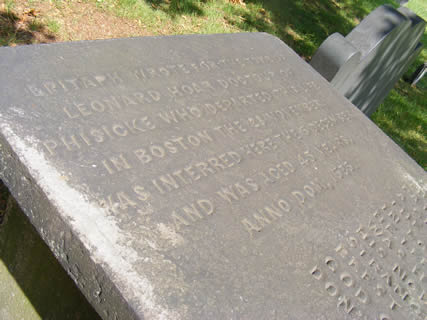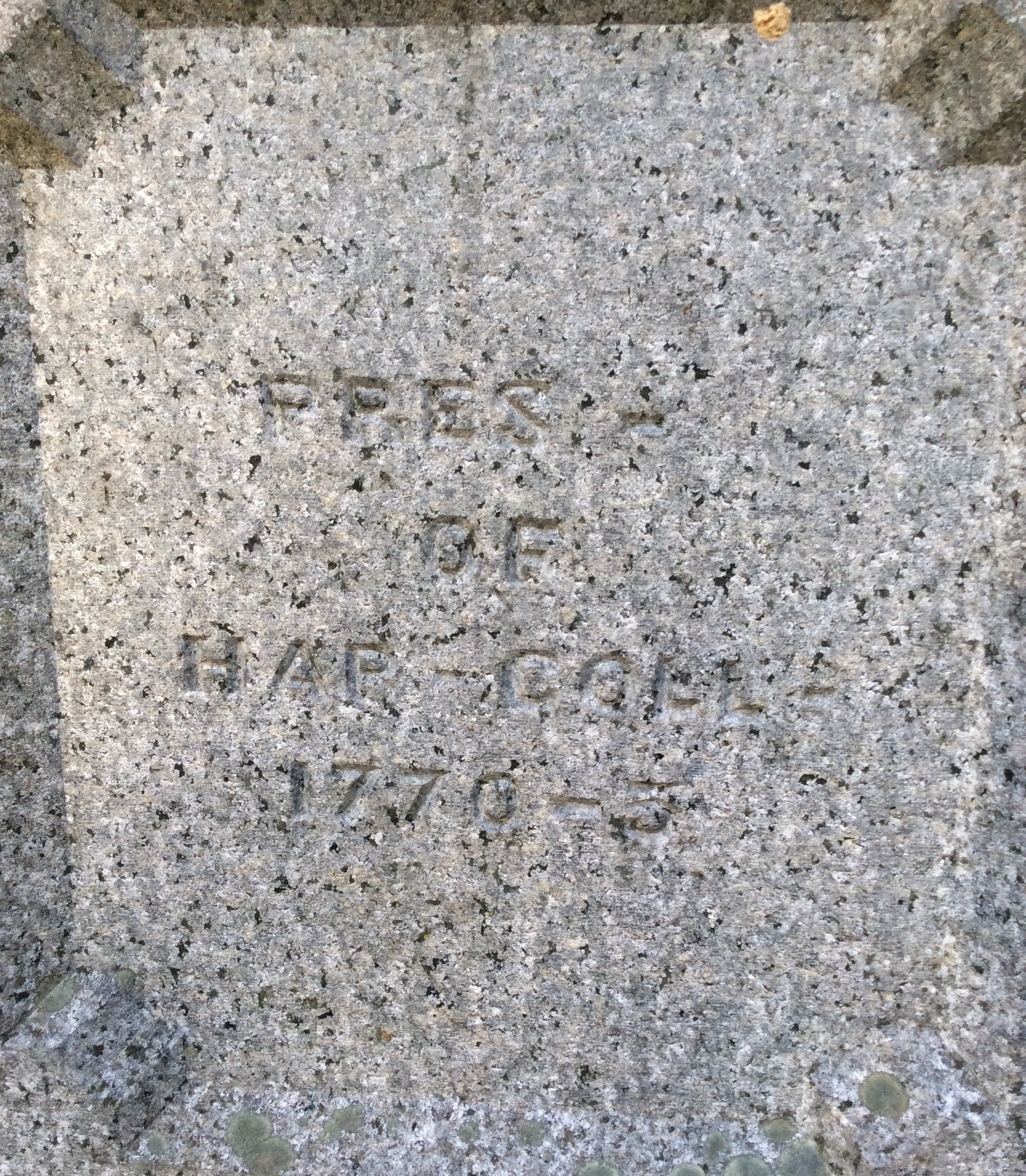TL;DR -- An oversight became apparent, recently, as we were researching. Quora had a discussion where we saw mention of the York Factory Express which started on the Columbia River, near the Pacific, and ended up at Hudson's Bay. Now, that's a feat. We looked for particulars and have generated some notes for future work which overlaps our interest in the specifics of moving to new areas as well as keeping lines of communication open. We have the diary of a person who did the trek plus well as modern overviews on the subject.
--
This post lifts to awareness something that has been on the back burner and needs more attention. Our focus early on was New England plus issues related to whence. Then, we had to learn specifics about Massachusetts' early times, in particular Essex County and Cape Ann. Following that, the attention was on the 400 years of generations in a mode that covered the whole of the threads which one might call being interested in the influence of collateral families. Not only have we done this for the major thread, we have worked with dozens of other families. Too, we have noted specifics related to events connected with frames of time, mainly (years ago) 100, 200, 250, 300, and 400. The 250th has to do with the coming lookback at the conflict with the Crown. The closer years deal with the wild west (think, internet) and the frontier which are still with us. Then, the 300th is the time of the witches, after all, we are dealing with Salem, MA. And, the 400th is right around the corner.
The past few years have dealt with a variety of subjects that are related where we have seen reference to Canada but tabled a closer look. Now, we can venture down that path as the information is there for scrutiny. From time to time, we run into a topic which overlaps what we have run across. The past year or so, we have traversed the west in the U.S. within the framework of the 200th anniversary of the expansion of the U.S. through the Louisiana property and other deals. We started out looking at early explorers and the whole of the frontier as civilization moved. That included studying rivers as a means to move as well as a barrier to doing so. And, the whole of the land management concerns a lot of which centered upon activity in St. Louis, MO (Carving the land). We considered various types of transportation.
 |
| The York Factory Express |
One could do that up there, similarly to the traffic from New Orleans to Los Angles very early? Got to see that.
So, let's consider a few pointers to set up a bit of research. We had known that the northern boundaries in the west were settled late. We also have followed the explorers and the trade people and the ranchers across the northern and southern routes of the U.S. We knew of the fluid flow from the north with regard to immigrants.
This topic allows us to now connect more dots and, also, to study the History of Washington State and related areas. In doing so, we can get a better hold on our Canadian cousins, many of whom had been Loyalists during the conflict with the Crown. Some Patriots were forced down south (Maine Gardners, say Ebenezer, descendant of Samuel).
- On the express, itself: Wikipedia - York Factory Express; FamilySearch - York Factory Express
- Diarist who did the trek - Edward Ermatinger (111 pages). -- We have had several diaries mentioned -- Nathaniel Knapp (French Indian affair), Caleb Haskell (Revolutionary war), Rev. William Bentley (Salem's going-ons), Richard Crowninshield Derby (Civil War), Elizabeth (Gardner) Blanchard (Revolutionary war), John Winthrop (Colonial).
- Canadians in Washington/Oregon - we heard of this with the movie Revenant's mention of Gardners in the area, as was Jedediah Strong Smith.
- Wikipedia - John Franklin. We had a post on the HMS Resolute last year which also mentioned Greeley's crew getting trapped in the Artic.
- Author studying the subject, who has published books -- Nancy Marguerite Anderson,






